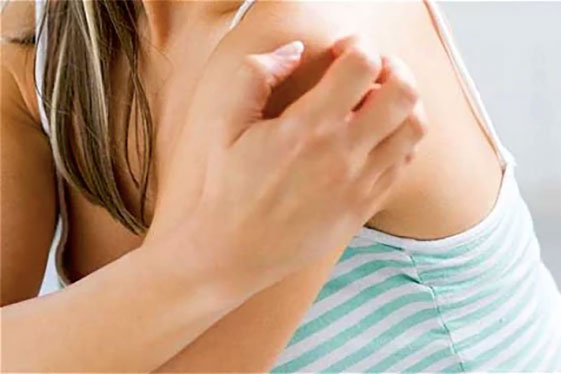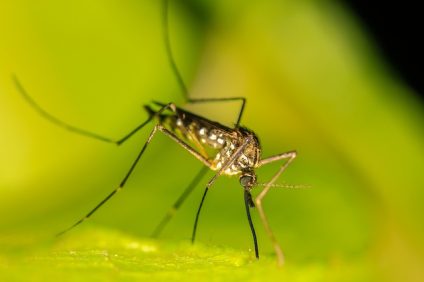On the skin: what is eczema?
Eczema - the skin becomes red, irritated, blisters form which cause severe itching.
But what happens to our skin?
It is eczema: a pathology that affects at least one in ten Italians, regardless of age and sex. The term actually includes various diseases, all characterized by an inflammatory process of the skin, which can present themselves in various forms.
What are the most common forms?
Contact dermatitis and the importance of prevention
One of the most common forms of eczema is eczematous contact dermatitis which can be caused by a variety of substances. Many women, for example, develop skin reactions to hair dyes that contain a substance called para-phenylenediamine or reactions to bracelets, rings, watches or necklaces where nickel is present.
Today the European regulation is very strict in avoiding this allergenic effect, but the risk has not been completely eliminated. Temporary henna tattoos are also dangerous.
But the spectrum of substances that can cause contact dermatitis also includes gums, detergents and above all perfumes. They are used in the most diverse cosmetic preparations, from soaps to creams. Not only. This type of eczema can also be triggered by sun exposure after the use of certain medications, such as topical ketoprofen-based anti-inflammatories. They are normally used to treat minor injuries or sprains.
And it seems incredible but even water, especially if "hard" can trigger skin irritation.
To combat contact dermatitis it is essential to avoid the substances that cause it, using precautions such as the use of gloves. To reduce the risks, however, it is important to know the substances that can specifically trigger eczema. Thanks to patch testing, prescribed by the dermatologist, it is possible to understand if there are abnormal reactions to allergenic substances.
Atopic dermatitis and possible treatments
Also called constitutional eczema, it is a chronic disease due to a genetic predisposition that can occur even a few months after birth. In children, it mainly affects the forehead and face. In adults, on the other hand, the flexor areas of the arms and legs.
Atopic eczema is associated with increased water loss through the skin, resulting in dryness and thickening. It is not recommended to use detergents that are not too degreasing and emollients after the bath. It is also good to avoid, as far as possible, cold and wind and direct contact with synthetic fabrics and wool. The sun, on the other hand, generally improves the situation.
This chronic disease can be disabling for those who suffer from it in a serious way. But it can be cured. In 80% of cases, like all eczema, it tends to improve over time.
The use of anti-inflammatory drugs, cortisone and calcineurin antagonists is fundamental.
In the most severe forms, steroid, immunosuppressive, cyclosporine and phototherapy treatments can be prescribed in hospital.





